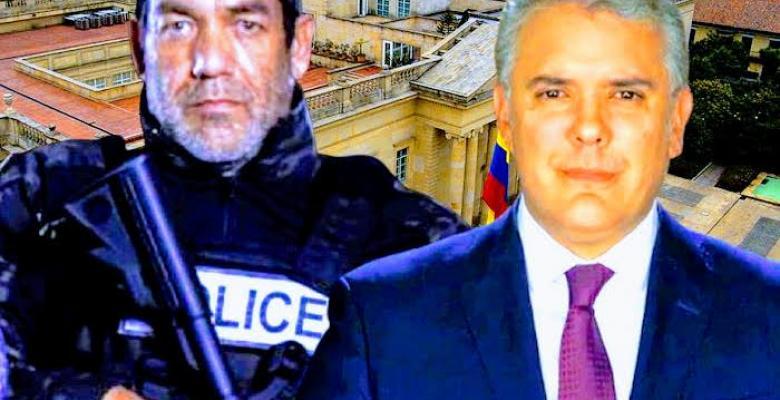Haiti: Immobility in a Lost Cause
especiales

After more than a month on the assassination of President Jovenel Moise, it has been impossible to find a judge to undertake the investigation of the assassination in Haiti. This is something that reveals what many understand in silence: there will be no solution to the problem, not only because of the death threats to whoever is placed in charge, but because behind are the interests of the Empire -with the Miami mafia and the associated Colombian Uribe’s supporters-, the closest they can get is to look for a scapegoat, as it usually happens in this kind of case.
For Cubans, the action about this crime is similar to the antecedents in the ample terrorist operations of the Miami right-wing against the Revolutionary Government between the 1960s and 1970s, with the complicity of the U.S. government.
It also has a precedent in last year's mercenary attack against Venezuela, which failed miserably and which similarly involved the Venezuelan right wing in the signing of a contract according to which the cost of the operation would be paid with assets of the Venezuelan state.
The difference here is that the Moise government was openly pro-imperialist and was supported by the U.S. through the Core Group. However, due to the weakness of the regime and the unilateral action of the assassinated leader, which led him to act more and more boldly, he began to generate friction with the Empire, for example, with a constitutional reform without the significant support from the Haitian bourgeoisie.
It’s very possible that Washington allowed the attack, knowing that it has supported the assassination of dictators over whom they had lost control, as in the case of Trujillo in the Dominican Republic in 1961, or has even invaded countries whose rulers they supported for years, like in Iraq, and Panama.
The head of the mercenary invasion against Maduro, Jordan Goudreau, was not convicted in the U.S. Now we see that, despite the fact that all the evidence incriminates Antonio Itriago in the assassination of Moise, he hasn’t been arrested or persecuted yet, which indicates an important level of complicity of the U.S. with the crime.
It is known that Itriago has had ties as a weapons supplier with local police in the U.S. It has also been confirmed the participation of DEA informants in the murder and of a former security agent from the Canadian embassy.
Several U.S. sectors called for the invasion of Haiti after the assassination, like an editorial in the Washington Post. The Biden government announced the sending of troops to Haiti, limited to the protection of its embassy, but without closing the possibility of future occupations. In addition, they keep a blatant interference in Haitian domestic politics, by sending a commission from the Department of Justice and Homeland Security to meet with Joseph, Henry, and Lambert (the three politicians who demanded the succession of Moise); and through the pronouncements of the Core Group.
Another one who requested a foreign intervention, through the OAS, was the president of Colombia, the Uribe follower Iván Duque. Regarding the involvement of the Colombian regime, the evidence is plenty and with possible implications at all levels. A photo of Itriago with Duque has been published. It’s also known that one of the detained mercenaries is a relative of a presidential adviser, a known attachment by the official himself.
According to the Colombian police, in addition to the CTU company in Miami, four Colombians were involved in the recruitment of the mercenaries, all of them retired between 2018 and 2020. One of them, Francisco Eladio Uribe, was under investigation for participating in the Uribe-like policy of extrajudicial executions in 2008. The highest ranking former soldiers in the mercenary command were Carlos G. Guerrero Torres, a retired lieutenant colonel, and Captain Germán A. Rivera. And this is only the tip of a dilemma to which a real solution is not expected.
Translated by Amilkal Labañino / CubaSí Translation Staff













Add new comment